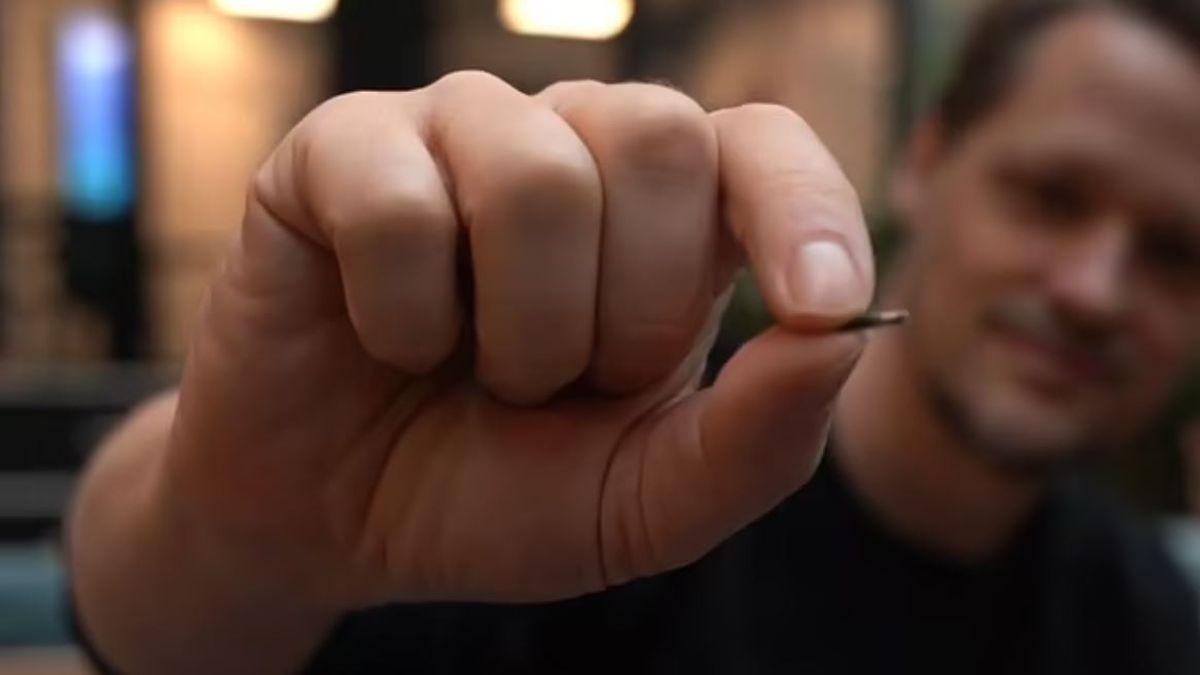JAKARTA – Epicenter, a Stockholm-based startup, has launched a new way of carrying a COVID vaccine passport – in a microchip that is implanted under your skin.
The implant can be read by any device using near-field communication protocol (NFC) a technology used for contactless payments and keyless entry systems.
In a video shared by Epicenter, Hannes Sjöblad, head of distribution, holds the chip in his arm and simply waves his phone over it to check his vaccination status.
"Implants are a very versatile technology that can be used for many different things, and nowadays it is very convenient to have an always-accessible COVID passport on your implant," he said in a statement.
On March 11, 2020, the World Health Organization (WHO) declared COVID-19, the disease caused by SARS-CoV-2, a pandemic.
Since then, the virus has taken over the world shutting down businesses and forcing people into their homes for months.
Even though the lockdown has eased around the world, the corona virus is still rampant and mutating into a new variant that is more difficult to stop its spread.
However, the world now has access to vaccines, which relieve symptoms of the deadly virus, and vaccine status information is provided in paper or digital form known as a COVID passport.
Many venues, restaurants, bars, concert halls and museums, throughout the US and Indonesia require visitors to show their vaccination status to enter the building.
Epicenter wants to present this information as easily as possible.
“If your phone runs out of battery, the implant is always accessible to you. So of course, that's how we use this technology today, next year we will use it for other things," Sjoblad said as quoted by Dailymail.
The microchip sits just under the skin, either on the arm or between the thumb and forefinger. According to Sjöblad, the procedure is 'totally reversible' and requires no special phone app.
Epicenter's implanted microchip is not a new innovation, as the company has been using it for years and has already applied it to its own employees.
In 2015, the company announced it had implanted a microchip in more than 100 of its employees, allowing them to open doors, operate printers, or buy smoothies with the wave of a hand.
The chip is implanted with a simple injection of a syringe. With just one click, a microchip has been injected into the employee's hand.
When activated by a reader inches away, a small amount of data flows between the two devices via electromagnetic waves. While the microchip passport isn't ready to be marketed yet, it's safe to assume that it will be implanted soon.
Patrick Mesterton, Epicenter co-founder and CEO, said in a 2017 statement: 'The biggest benefit in my opinion is convenience. "It basically replaces a lot of things you have, any other communication device, whether it's a credit card or a key," says Mesterton.
The English, Chinese, Japanese, Arabic, and French versions are automatically generated by the AI. So there may still be inaccuracies in translating, please always see Indonesian as our main language. (system supported by DigitalSiber.id)









